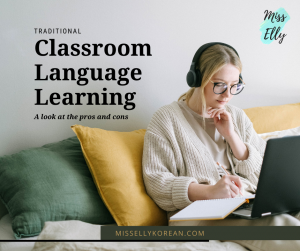
When I was in college long time ago, I had taken a summer course in French. It was a short course, wasn’t particularly interesting, and at the end of the course I felt I didn’t really learn anything. Therefore I concluded that language learning is hard, boring and takes a long time to get to fluency.
After learning Korean by myself, due to certain reasons I have signed up to a 30-hour classroom course in beginner Portuguese. This gives me another look at the experience and efficiency of language learning in a traditional classroom setting, now with the benefit of being able to compare it with self studying.
The instructor is a native Portuguese and is very passionate about her teaching. She always comes to the class well prepared with a wide variety of supporting media, activities and games.
Pros of classroom learning
1. Speaking practice
In a classroom lesson, you get ample opportunity to practice speaking. You get to practice in pairs or in groups. Sometimes the instructor calls on you to answer in Portuguese. Although she doesn’t really correct our pronunciation every time, except when we are very off the mark, in lessons you get more used to speaking the language out loud. Though one could argue that when self studying, you can also consciously practice speaking out loud, speaking with other people present is somewhat different in building your confidence of using the language.
2. Activities and quizzes
In order to make learning more fun, nowadays instructors throw in a lot of activities, games and quizzes into the lessons. I find them very useful in reinforcing my memory when used appropriately. For example in the lesson teaching numbers, we played a game of bingo, where the instructor spoke numbers in Portuguese. This is somewhat similar to a dictation in Portuguese numbers, but making it a game takes away the stress and adds in the fun.
Cons of classroom learning
Curriculum structure
Then we turn to how classroom language learning can be improved. In fact I believe that most of these are common across most traditional language teaching methods and not particular to my instructor only. I find a lot of similarity between my classroom Portuguese lessons and traditional university published Korean textbooks in terms of structure.
Let’s look at what I learned in the first few lessons:
(Note that I have tried to use similar grammar concepts in English for illustrative purposes.)
Lesson 1 –
After briefly going through the alphabets, we learned the to-be verb (is, am, are) and the below.
I am Marie.
You are Tony.
She is Jane.
He is John.
They are Sarah and Tom.
Who is she?
Who are you?
Etc etc
We also learnt the article ‘the’ in Portuguese.
Lesson 2
The instructor said that the below meant exactly the same thing as what we learnt in the last lesson. She went on about these sentences for like 15 minutes without explaining the definition of the verb ‘call’, which left me confused for a good while.
I am called Mary.
You are called Tony.
Who is he called?
He is called John.
Etc etc
We also learned numbers and the below sentences.
I am 23 years old.
You are 17 years old.
How old is he?
He is 46 years old.
Etc etc
Note that in a question the ‘is’ comes before the ‘he’ but in a statement ‘he’ comes before the ‘is’. It sounds like a very important grammar concept to me but it was only mentioned in passing. When I work with my classmate in pairs to do the exercises, I had to explain from the start again to my classmate about the inversion of word order because it wasn’t explained in detail by the instructor.
Save for the activities and games, the actual content that we were learning was extremely boring. I am also left confused a lot of times during class as well. Traditional language learning focuses on situational dialogues instead of grammar concepts. And I can’t see myself getting anywhere after 30 hours of lessons.
A lot of the newer online Korean learning materials, including those I recommend here, shift the emphasis to grammar concepts. I often find them to do a better job in explaining the language basic concepts in more detail and more clearly, using more examples. To contrast with the lesson plan above, here are some common first lessons in Korean from online course materials:
Lesson 1
After learning the Korean alphabet, we learn about to-be verb (is, am, are) and the sentence structure of Subject-verb-object. We learn about the articles ‘a’, ‘an’ and ‘the’. Pronouns ‘I’, ‘You’, ‘We’, ‘They’ and ‘this’, ‘that’ are also taught. With these concepts we can study a large variety of examples:
I am Mary.
You are a student.
He is an American.
This is a pen.
That is a school.
Lesson 2
We learn about how to say no and make negative sentences for to-be verbs.
For example:
I am not Tony.
You are not a teacher.
This is not a chair.
Etc etc
These are just illustrative examples to demonstrate how different is the focus and structure of the lessons between traditional methods and newer methods. I feel that the newer methods open a lot more opportunities for me because once I have a solid understanding of the basic concepts, with the help of a dictionary, in time I can see myself being able to understand more and more simple Korean sentences. Looking back, for me language lessons, be it in person or online, is to get you to understand simple sentences as quickly as possible. From then on, it is less about the lesson, but more about immersion and exposure.
Belief in immersion at beginners stage
Talking about immersion, I find that there is this traditional belief / myth that immersion is good at any stage of language learning. Our instructor in the first lesson greeted us and introduced herself in Portuguese. Then she asked for our names in Portuguese, all the while without explaining anything in English. I felt overwhelmed from the very start because I lack talent in languages. For example I’ve heard the term Astrazeneca being said a million times but I still struggle to remember how to pronounce it. Our instructor then went on to always just say ‘How are you?’, ‘Very good’, ‘Good bye’ , ‘thank you’ etc in only Portuguese, again without explaining or teaching how to pronounce them word by word slowly. When she gives us instructions, she writes in both English and Portuguese. While I appreciate her efforts, there is simply no freaking way for me 6 hours into learning a language, to get anything out of a sentence like ‘to the less attentive… no class tomorrow. Have a video to encourage you to keep learning Portuguese.’ in Portuguese, even with full English translation. Beginner language lessons should be taught strictly in the medium of instruction.
One may argue that ‘But all babies learn their mother tongue by immersion!’ But gosh like how we do not have perfect skin like the babies, we also do not have the brain wiring and learning capacity of a baby. Expecting adults to learn a language like a baby is no different to expecting a baby to reason like an adult. As a child grows up, while the brain develops more on aspects such as reasoning and logical thinking, meanwhile the ability to be fully receptive to all kinds of stimuli deteriorates. I do know talented people who only watched Korean dramas and got to conversational fluency by immersion alone. If it works for you, perfect; but if it doesn’t, let’s work on the basics first.
Taught by native speakers
In addition, most classroom language teachers are native speakers in the language they teach. This is another myth in language learning and I was a fervent believer myself as a beginner. As mentioned above, native speakers learn the language as babies by immersion. This is fairly different from learning as an adult where you would benefit more from structured lessons. As a native, he may not be sensitive to all the challenges and nuisances a foreigner faces. Most of the time he would also have an accent in the language of instruction. Learning a language is hard already and adding on top the effort to get through his accent may make it doubly hard.
To be honest while I am more than happy to teach beginner Korean or English, I am not confident at all to teach my native tongue. This is because I myself have not been through a rigorous curriculum and am not able to explain clearly why we speak this way. Most of the time it just comes naturally to a native how to form a sentence and what words to use.
On the contrary an advanced learner, though may not be perfect in accents and usage accuracy, has been through exactly the same journey as a beginner learner. He should be able to explain every question on a learner’s mind because he has been there himself. This to me is extremely important to clarify any confusions early and build a solid foundation in the fundamentals of the language. However as one progresses beyond intermediate level, having exposure to native speakers either by lessons, media or meet ups becomes more important. A native instructor to practice speaking with and correct your writing is indispensable at the advanced level.
Of course there will always be exceptions where a native speaker has taken a good language teaching diploma and knows students’ needs well. But still it feels like trying to learn swimming from a fish.
To conclude, for me I am very glad that I chose the self study path in learning Korean. If I had taken classroom lessons, I would never have reached where I am now because I would have given up mid way. Again, what works best for one person may not be so for another, so I would encourage you to try a different route if you feel you are not getting the best results out of lessons. Or if you feel lost in your self study maybe try out taking lessons to see if it helps. Or switch to a different set of materials.
Hope you find this post useful. Have you taken classroom lessons in Korean? Let me know what you think by leaving a comment below! Happy Korean learning!
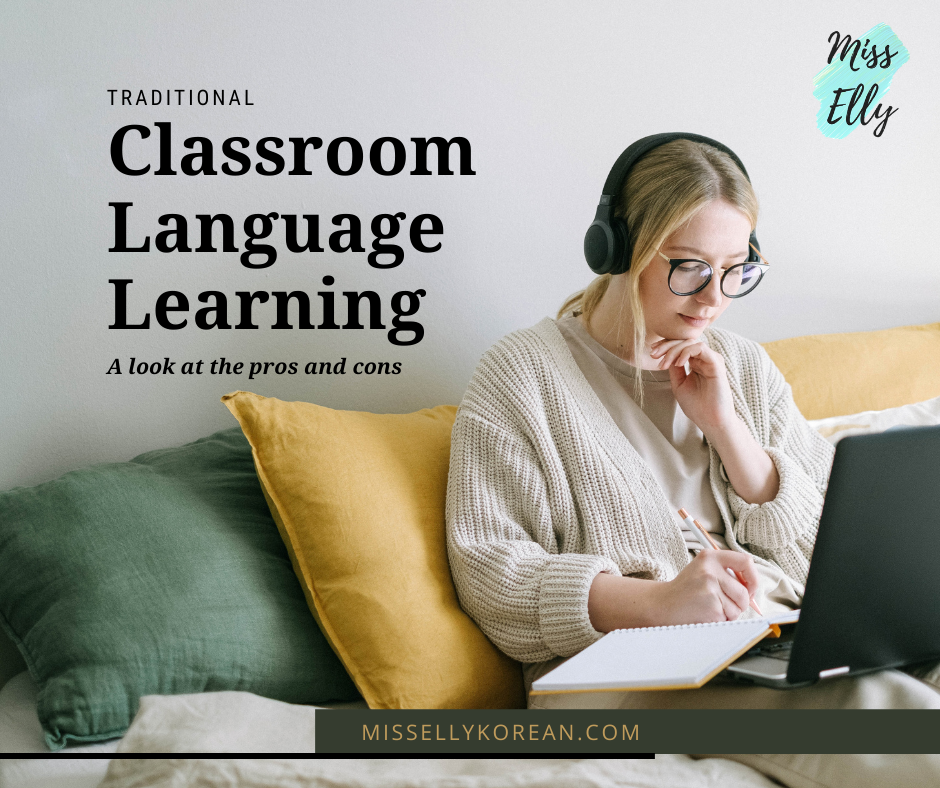
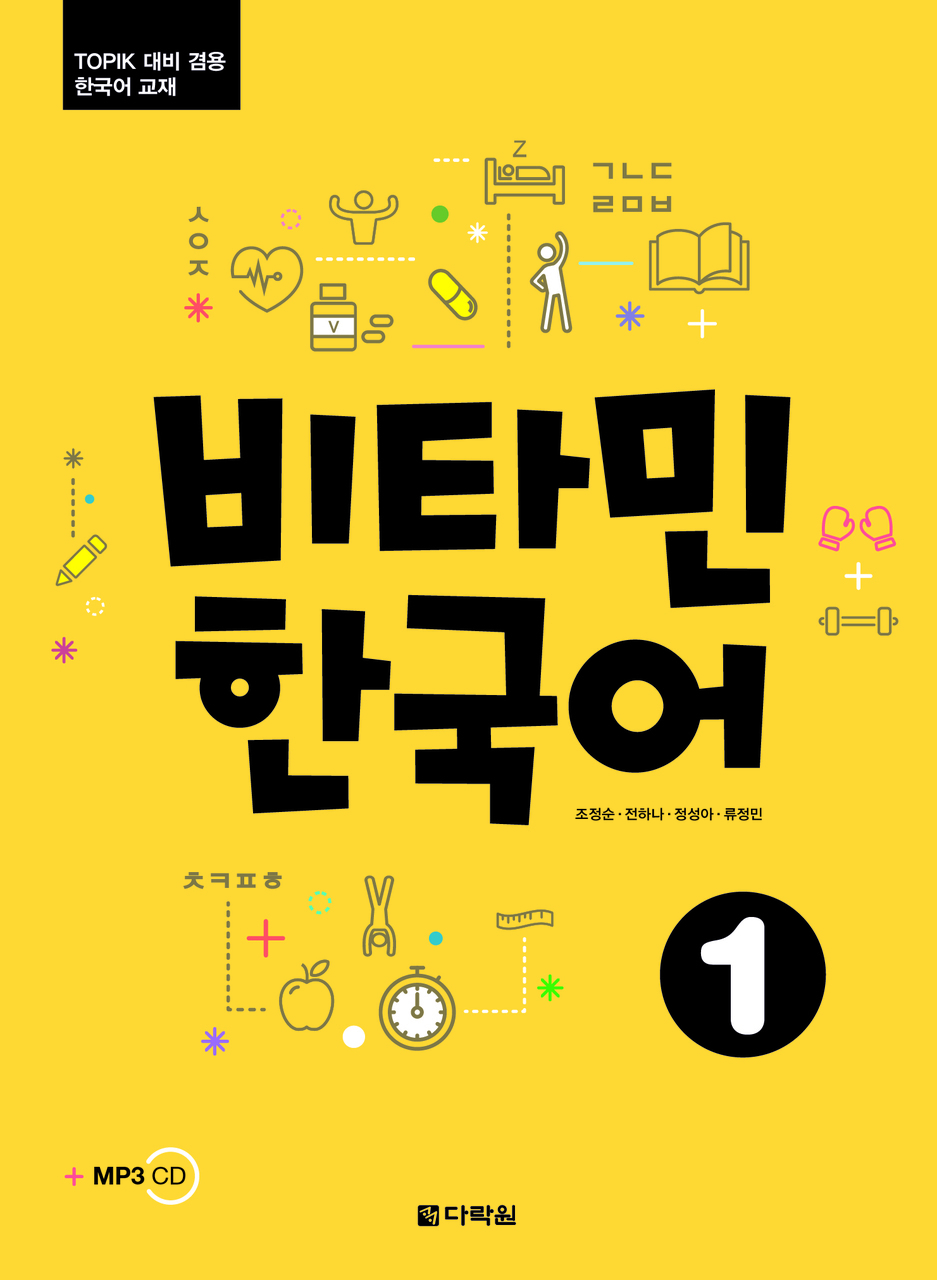
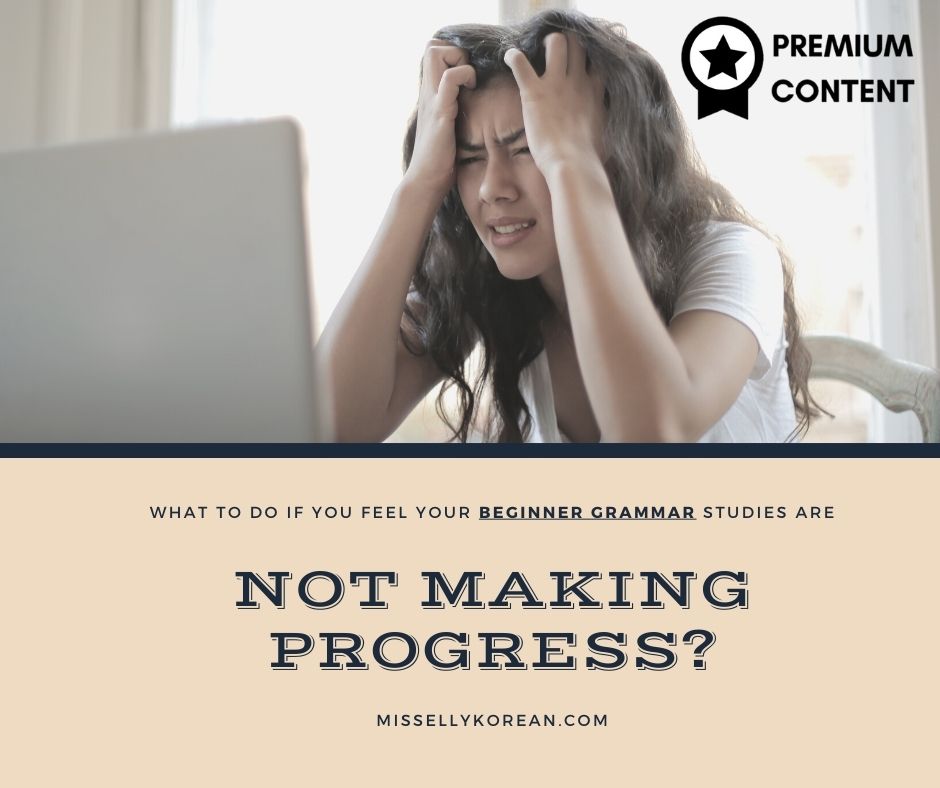
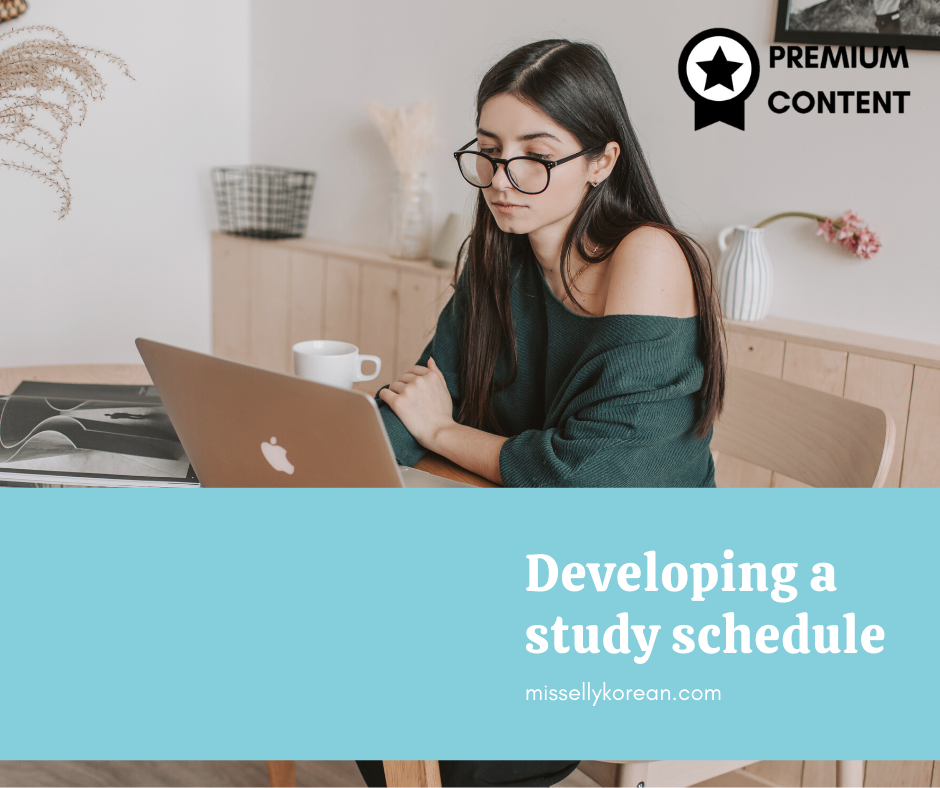
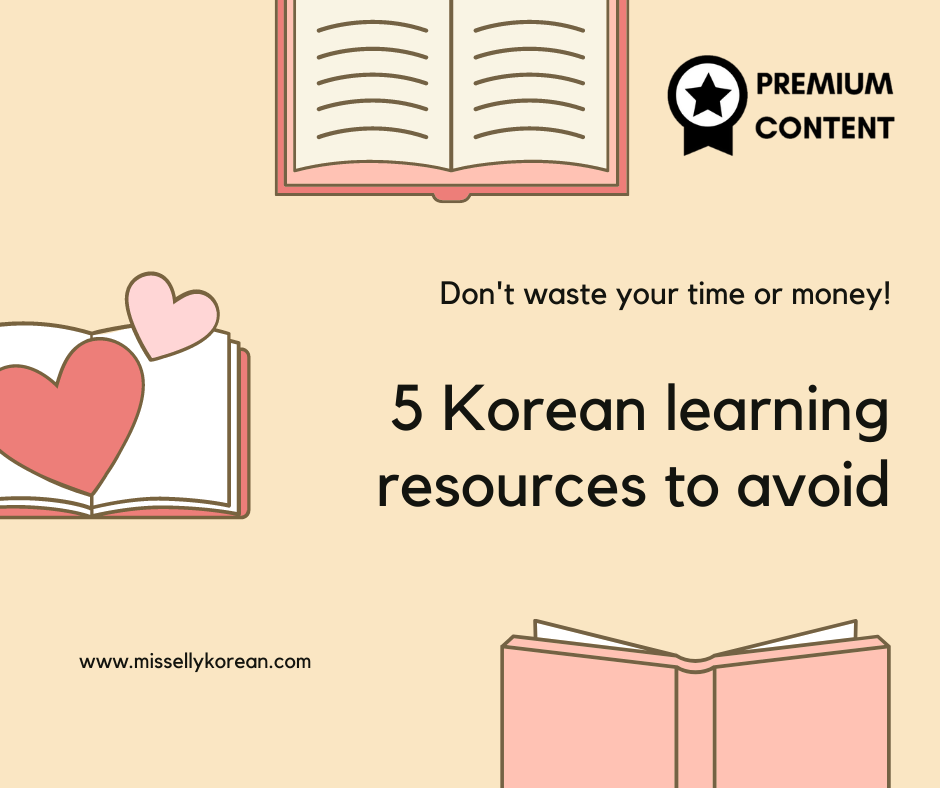
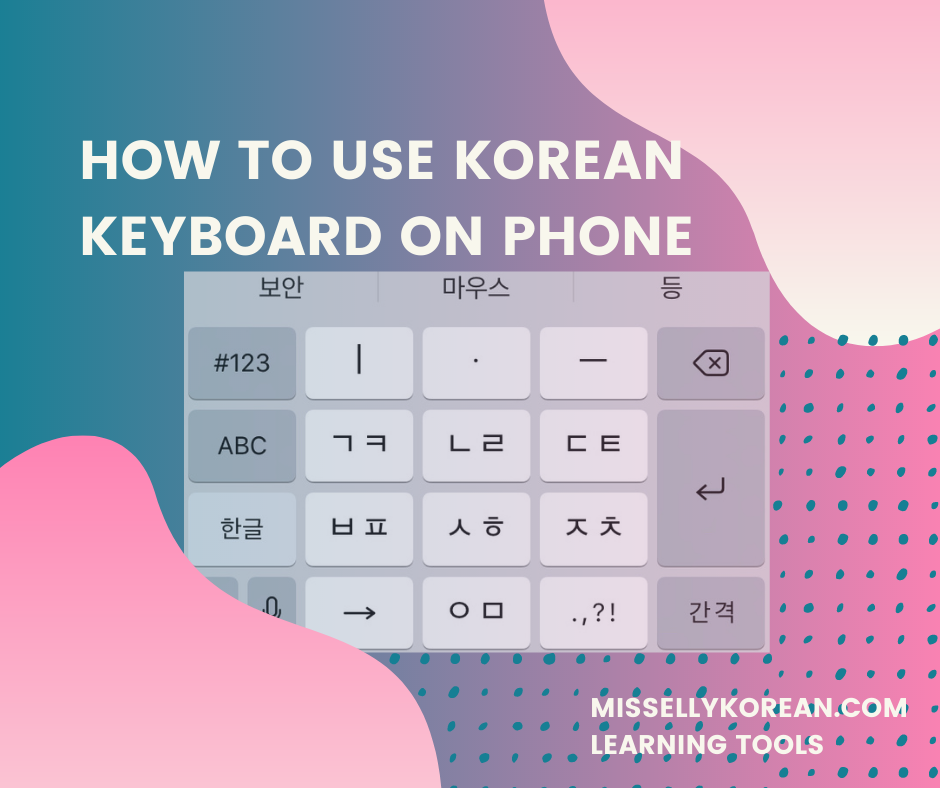
Appreciate this post. Let me try it out.